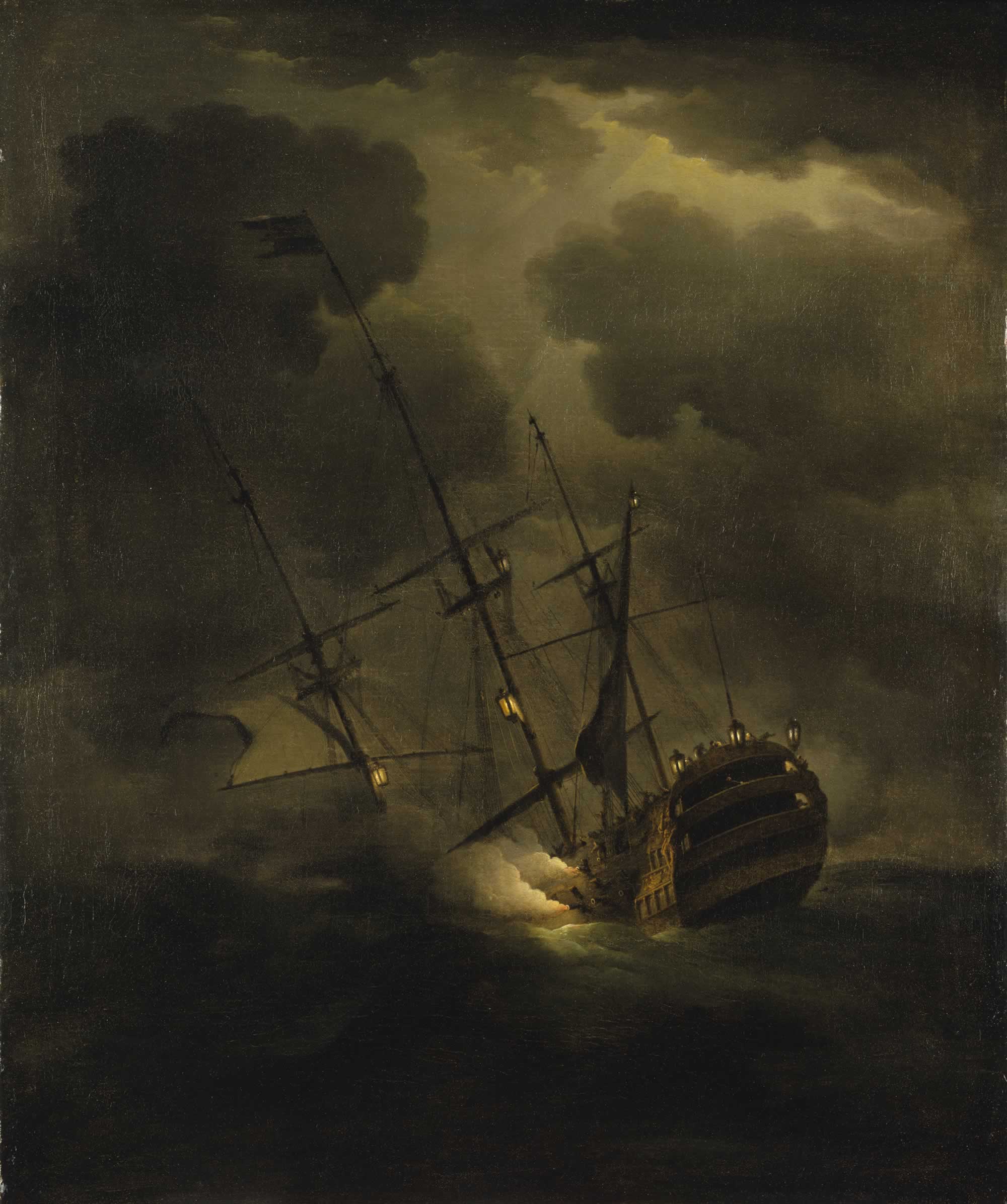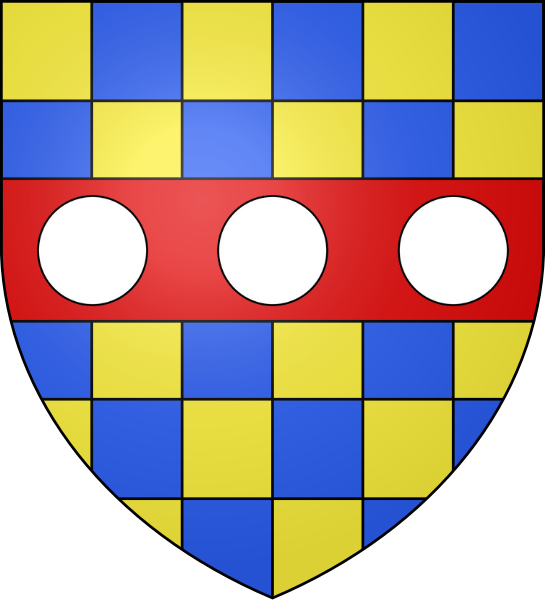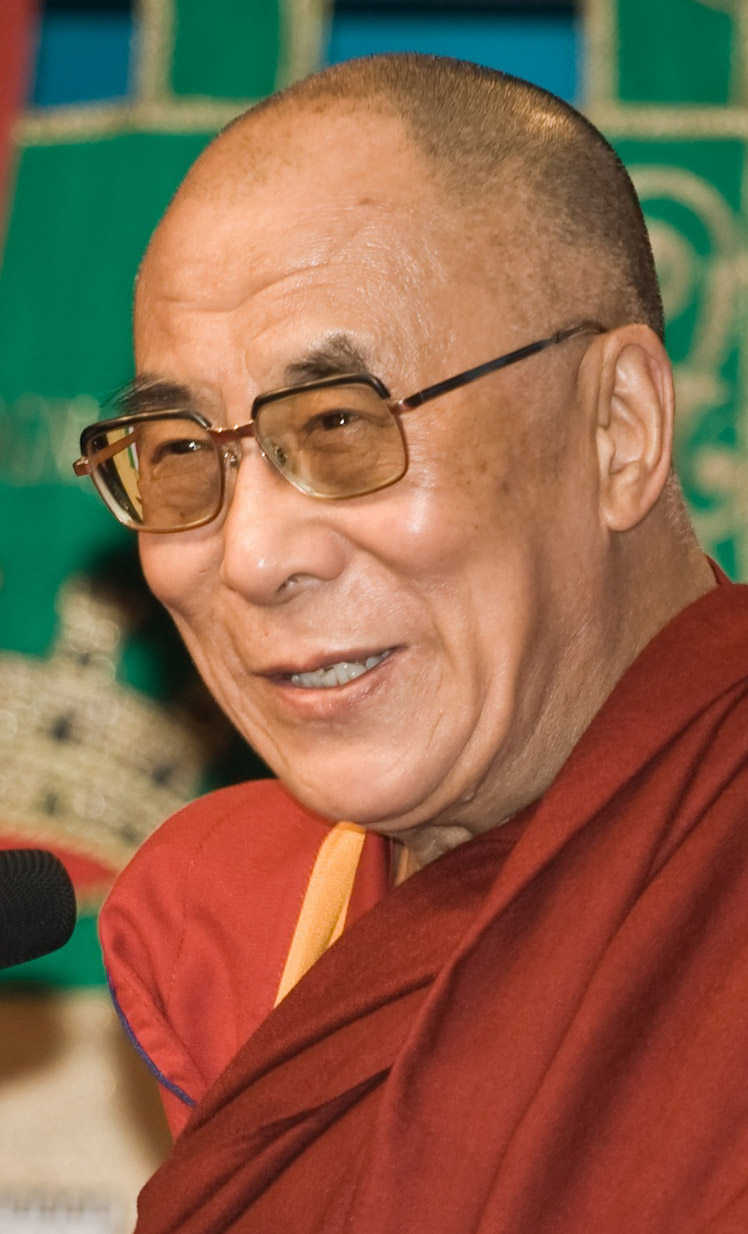|
Nicolas Gédoyn
Nicolas Gédoyn (15 June 1677 – 10 August 1744) was a French clergyman, translator, pioneer educationalist and literary critic. He was the fifth member elected to occupy seat 3 of the Académie française in 1719, and the Académie des Inscriptions et Belles-Lettres in 1722 Gédoyn was born in Orléans. Trained by the Jesuits from the age of 15, he was appointed professor of rhetoric in Blois, then canon at the Sainte-Chapelle and Abbey Beaugency. Among his literary works are translations of Quintilian and Pausanias. He died in Beaugency Beaugency () is a Communes of France, commune in the Loiret Departments of France, department, Centre-Val de Loire, north-central France. It is located on the Loire river, upriver (northeast) from Blois and downriver from Orléans. History Med .... Bibliography * * 1677 births 1744 deaths Clergy from Orléans 18th-century French translators French educational theorists French literary critics Members of the Académie ... [...More Info...] [...Related Items...] OR: [Wikipedia] [Google] [Baidu] |
Nicolas Gédoyn - Versailles MV 2966
Nicolas or Nicolás may refer to: People Given name * Nicolas (given name) Mononym * Nicolas (footballer, born 1999), Brazilian footballer * Nicolas (footballer, born 2000), Brazilian footballer Surname Nicolas * Dafydd Nicolas (c.1705–1774), Welsh poet * Jean Nicolas (1913–1978), French international football player * Nicholas Harris Nicolas (1799–1848), English antiquary * Paul Nicolas (1899–1959), French international football player * Robert Nicolas (1595–1667), English politician Nicolás * Adolfo Nicolás (1936–2020), Superior General of the Society of Jesus * Eduardo Nicolás (born 1972), Spanish former professional tennis player Other uses * Nicolas (wine retailer), a French chain of wine retailers * ''Le Petit Nicolas'', a series of children's books by René Goscinny See also * San Nicolás (other) * Nicholas (other) * Nicola (other) * Nikola Nikola () is a given name which, like Nicholas, is a version of the Greek '' Nikolaos ... [...More Info...] [...Related Items...] OR: [Wikipedia] [Google] [Baidu] |
1677 Births
Events January–March * January 1 – Jean Racine's tragedy '' Phèdre'' is first performed, in Paris. * January 21 – The first medical publication in America (a pamphlet on smallpox) is produced in Boston. * February 15 – Four members of the English House of Lords embarrass King Charles II at the opening of the latest session of the " Cavalier Parliament" by proclaiming that the session is not legitimate because it had not met in more than a year. The Duke of Buckingham, backed by Lord Shaftesbury, Lord Salisbury and Baron Wharton, makes an unsuccessful motion to end the session. When the four Lords refuse to apologize, they are arrested and imprisoned in the Tower of London. * February 26 ** The first arrests are made in the case that will develop into the " Affair of the Poisons" in France, as Magdelaine de La Grange and her accused accomplice, Father Nail, are detained on suspicion of poisoning her lover, a Messr. Faurie. While in prison ... [...More Info...] [...Related Items...] OR: [Wikipedia] [Google] [Baidu] |
Members Of The Académie Des Inscriptions Et Belles-Lettres
Member may refer to: * Military jury, referred to as "Members" in military jargon * Element (mathematics), an object that belongs to a mathematical set * In object-oriented programming, a member of a class ** Field (computer science), entries in a database ** Member variable, a variable that is associated with a specific object * Limb (anatomy), an appendage of the human or animal body ** Euphemism for penis * Structural component of a truss, connected by nodes * User (computing), a person making use of a computing service, especially on the Internet * Member (geology), a component of a geological formation * Member of parliament * The Members, a British punk rock band * Meronymy, a semantic relationship in linguistics * Church membership, belonging to a local Christian congregation, a Christian denomination and the universal Church * Member, a participant in a club or learned society A learned society ( ; also scholarly, intellectual, or academic society) is an organizati ... [...More Info...] [...Related Items...] OR: [Wikipedia] [Google] [Baidu] |
French Literary Critics
French may refer to: * Something of, from, or related to France ** French language, which originated in France ** French people, a nation and ethnic group ** French cuisine, cooking traditions and practices Arts and media * The French (band), a British rock band * "French" (episode), a live-action episode of ''The Super Mario Bros. Super Show!'' * ''Française'' (film), a 2008 film * French Stewart (born 1964), American actor Other uses * French (surname), a surname (including a list of people with the name) * French (tunic), a type of military jacket or tunic * French's, an American brand of mustard condiment * French (catheter scale), a unit of measurement * French Defence, a chess opening * French kiss, a type of kiss See also * France (other) * Franch, a surname * French Revolution (other) * French River (other), several rivers and other places * Frenching (other) * Justice French (other) Justice French may refer to: * C. ... [...More Info...] [...Related Items...] OR: [Wikipedia] [Google] [Baidu] |
French Educational Theorists
French may refer to: * Something of, from, or related to France ** French language, which originated in France ** French people, a nation and ethnic group ** French cuisine, cooking traditions and practices Arts and media * The French (band), a British rock band * "French" (episode), a live-action episode of ''The Super Mario Bros. Super Show!'' * ''Française'' (film), a 2008 film * French Stewart (born 1964), American actor Other uses * French (surname), a surname (including a list of people with the name) * French (tunic), a type of military jacket or tunic * French's, an American brand of mustard condiment * French (catheter scale), a unit of measurement * French Defence, a chess opening * French kiss, a type of kiss See also * France (other) * Franch, a surname * French Revolution (other) * French River (other), several rivers and other places * Frenching (other) Frenching may refer to: * Frenching (automobile), recessing or mo ... [...More Info...] [...Related Items...] OR: [Wikipedia] [Google] [Baidu] |
18th-century French Translators
The 18th century lasted from 1 January 1701 (represented by the Roman numerals MDCCI) to 31 December 1800 (MDCCC). During the 18th century, elements of Age of Enlightenment, Enlightenment thinking culminated in the Atlantic Revolutions. Revolutions began to challenge the legitimacy of monarchical and aristocratic power structures. The Industrial Revolution began mid-century, leading to radical changes in Society, human society and the Natural environment, environment. The European colonization of the Americas and other parts of the world intensified and associated mass migrations of people grew in size as part of the Age of Sail. During the century, History of slavery, slave trading expanded across the shores of the Atlantic Ocean, while declining in Russian Empire, Russia and Qing dynasty, China. Western world, Western historians have occasionally defined the 18th century otherwise for the purposes of their work. For example, the "short" 18th century may be defined as 1715� ... [...More Info...] [...Related Items...] OR: [Wikipedia] [Google] [Baidu] |
Clergy From Orléans
Clergy are formal leaders within established religions. Their roles and functions vary in different religious traditions, but usually involve presiding over specific rituals and teaching their religion's doctrines and practices. Some of the terms used for individual clergy are clergyman, clergywoman, clergyperson, churchman, cleric, ecclesiastic, and vicegerent while clerk in holy orders has a long history but is rarely used. In Christianity, the specific names and roles of the clergy vary by Christian denomination, denomination and there is a wide range of formal and informal clergy positions, including deacons, Elder (Christianity), elders, priests, bishops, Cardinal (Catholic Church), cardinals, preachers, pastors, presbyters, Minister (Christianity), ministers, and the pope. In Islam, a religious leader is often known formally or informally as an imam, caliph, qadi, mufti, sheikh, mullah, muezzin, and ulema. In the Judaism, Jewish tradition, a religious leader is often a r ... [...More Info...] [...Related Items...] OR: [Wikipedia] [Google] [Baidu] |
1744 Deaths
Events January–March * January 6 – The Royal Navy ship ''Bacchus'' engages the Spanish Navy privateer ''Begona'', and sinks it; 90 of the 120 Spanish sailors die, but 30 of the crew are rescued. * January 24 – The Dagohoy rebellion in the Philippines begins, with the killing of Father Giuseppe Lamberti. * February 22– 23 – Battle of Toulon: The British fleet is defeated by a joint Franco-Spanish fleet. * February 27 – Violent storms frustrate a planned French invasion of Britain. * March 1 (approximately) – The Great Comet of 1744, one of the brightest ever seen, reaches perihelion. * March 13 – The British ship ''Betty'' capsizes and sinks off of the Gold Coast (modern-day Ghana) near Anomabu. More than 200 people on board die, although there are a few survivors. * March 15 – France declares war on Great Britain. April–June * April – '' The Female Spectator'' (a monthly) is founded by Eliza Haywo ... [...More Info...] [...Related Items...] OR: [Wikipedia] [Google] [Baidu] |
Beaugency
Beaugency () is a Communes of France, commune in the Loiret Departments of France, department, Centre-Val de Loire, north-central France. It is located on the Loire river, upriver (northeast) from Blois and downriver from Orléans. History Medieval Aaron ben Joseph of Beaugency and Eliezer of Beaugency were Bible commentators and Rabbinic literature, rabbinical scholars, who flourished in the twelfth century in the city. Lords of Beaugency The lords of Beaugency attained considerable importance in the 11th, 12th and 13th centuries; at the end of the 13th century they sold the fiefdom to the Crown. They were responsible for building Château de Beaugency, which as originally a wooden structure, later replaced with a stone one by Lancelin I de Beaugency, the first lord of Beaugency. The massive original keep is today a ruined shell, surrounded by a mansion built later on in the 14th century. The family that became the lords or Seigneurs of Beaugency started with Landry sore. H ... [...More Info...] [...Related Items...] OR: [Wikipedia] [Google] [Baidu] |
Clergyman
Clergy are formal leaders within established religions. Their roles and functions vary in different religious traditions, but usually involve presiding over specific rituals and teaching their religion's doctrines and practices. Some of the terms used for individual clergy are clergyman, clergywoman, clergyperson, churchman, cleric, ecclesiastic, and vicegerent while clerk in holy orders has a long history but is rarely used. In Christianity, the specific names and roles of the clergy vary by denomination and there is a wide range of formal and informal clergy positions, including deacons, elders, priests, bishops, cardinals, preachers, pastors, presbyters, ministers, and the pope. In Islam, a religious leader is often known formally or informally as an imam, caliph, qadi, mufti, sheikh, mullah, muezzin, and ulema. In the Jewish tradition, a religious leader is often a rabbi (teacher) or hazzan (cantor). Etymology The word ''cleric'' comes from the ecclesia ... [...More Info...] [...Related Items...] OR: [Wikipedia] [Google] [Baidu] |
Pausanias (geographer)
Pausanias ( ; ; ) was a Greek traveler and geographer of the second century AD. He is famous for his '' Description of Greece'' (, ), a lengthy work that describes ancient Greece from his firsthand observations. ''Description of Greece'' provides crucial information for making links between classical literature and modern archaeology, which is providing evidence of the sites and cultural details he mentions although knowledge of their existence may have become lost or relegated to myth or legend. Biography Nothing is known about Pausanias apart from what historians can piece together from his own writing. However, it is probable that he was born into a Greek family and was probably a native of Lydia in Asia Minor. From until his death around 180, Pausanias travelled throughout the mainland of Greece, writing about various monuments, sacred spaces, and significant geographical sites along the way. In writing his '' Description of Greece'', Pausanias sought to put together ... [...More Info...] [...Related Items...] OR: [Wikipedia] [Google] [Baidu] |




